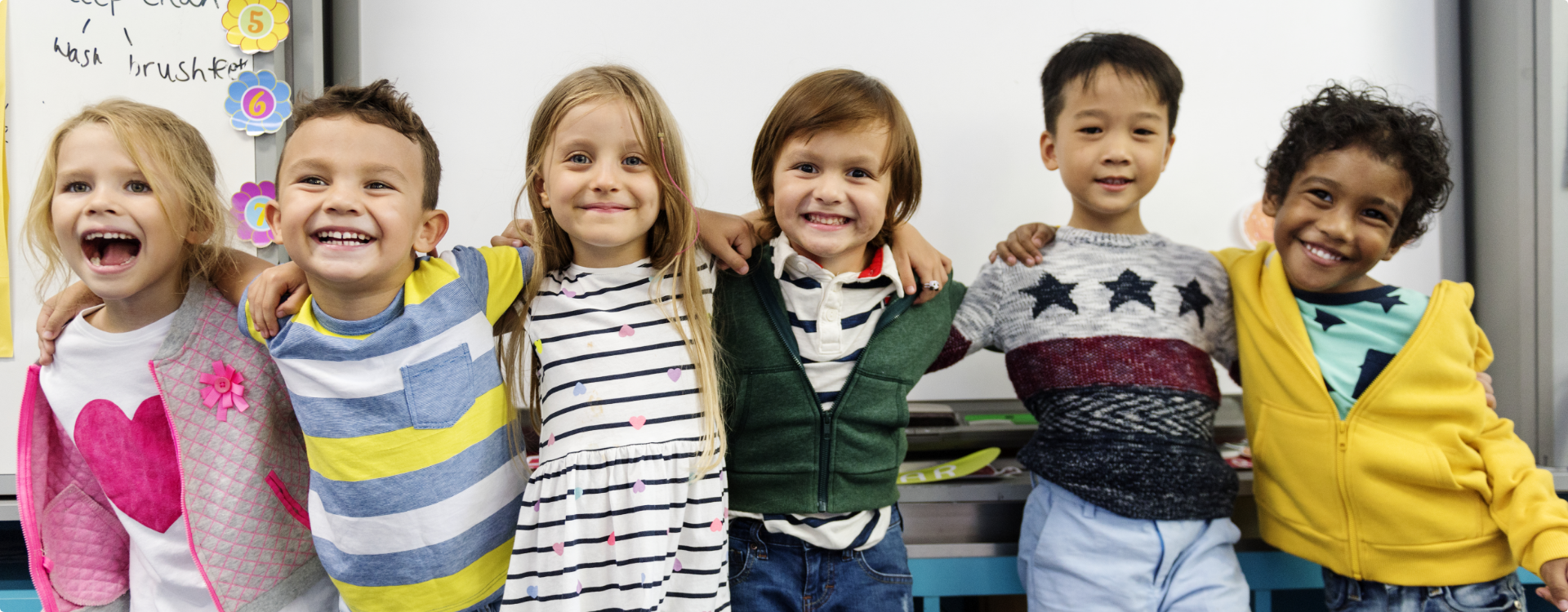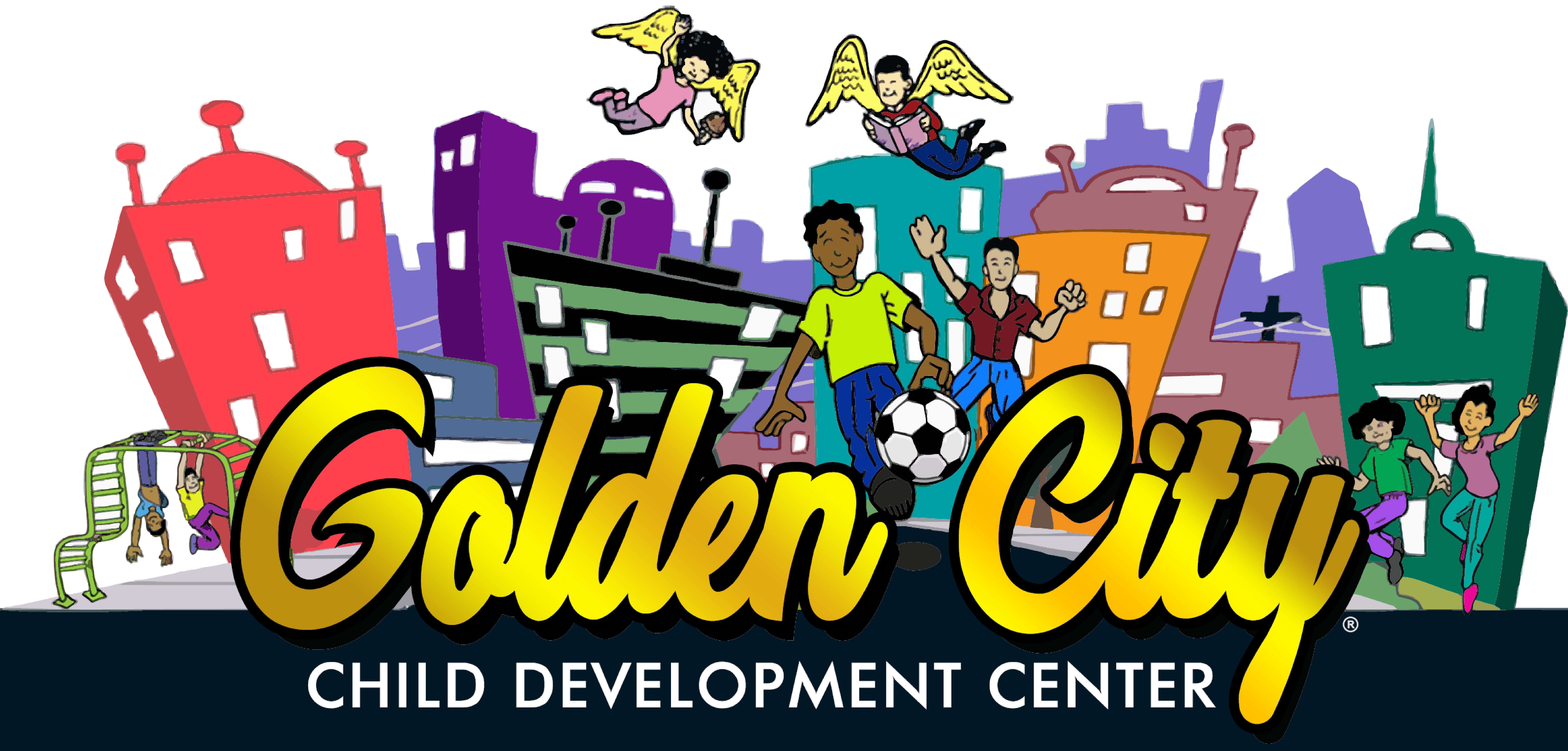
Preschool: 2 yrs – 3 yrs
Our preschool recognizes and values each child’s unique characteristics and abilities, and we strive to facilitate academic learning and social interactions through many developmentally appropriate activities and experiences. Center-based play offers many opportunities for each child to make choices. Teacher-directed activities introduce and reinforce academic concepts in a print-rich environment. Most importantly, self-esteem is fostered because our program is designed so that every child enjoys success.
Social-Emotional Development
Includes the child’s experience, expression, and management of emotions and the ability to establish positive and rewarding relationships with others.
Language Development
Language Development includes a wide range of specific competencies that preschool children will need support to learn including listening and speaking, reading, writing.
Physical-Motor Development
Physical-Motor Development includes balance, locomotor skills, manipulative skills, body awareness, spatial awareness, directional awareness, and active participation.
Cognitive Development
Cognitive Development focuses on a child’s ability to process information, conceptual resources, perceptual skill, language learning, and other aspects of brain development.
Key cultural awareness of identity characteristics
During the first years of life, babies and young children acquire the skills necessary for healthy growth and development, setting the stage for later success in school and life. These skills are acquired through relationships with family members and other significant caregivers. Children need nurturing, responsive and loving care to inspire their initiative, curiosity, and hunger to learn. They also need help from their parents and well-trained professionals when struggling. Not all children develop at the same rate, and the above guidelines may not apply to your particular child. Consult with your pediatrician if you have any concerns.


